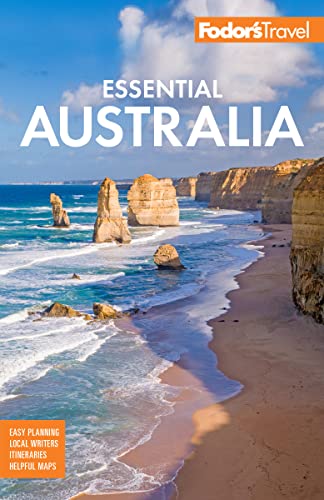Australia Today
Government
Australia is a constitutional monarchy, and the Queen of England is Australia's Queen as well. Her only role under the constitution, however, is to appoint her representative in Australia, the Governor-General, which she does on advice from Australia's Prime Minister. In 1975 the Governor-General caused a political crisis when he sacked the Prime Minister and his government and installed the Opposition minority as caretaker until new elections could be held. The Governor-General retains that power, but his or her duties are primarily ceremonial. Australia's government is elected for three-year terms, with no limit on how many terms a Prime Minister can serve. Controversially, Australia has had five Prime Ministers between 2010 and 2015. Voting is compulsory for all citizens 18 years and older, and failure to vote can result in a fine.
Economy
Australia is a major exporter of wheat and wool, iron-ore and gold, liquefied natural gas and coal. The major industries are mining, industrial and transport equipment, food processing, chemicals, steel manufacturing, and international education. The services sector dominates the domestic economy.
Abundant natural assets and massive government spending initially softened the impact of the global financial crisis that started in 2008. Demand for Australia’s commodities from China and India has dipped, and mining has slowed. These developments have led to a slowdown in the country's economic growth.
Tourism
On- and offshore wonders, unique wildlife, beach culture, indigenous history, and multicultural cuisines help maintain Australia's multibillion-dollar tourism industry. The major challenges are keeping Australia on travelers' radars as other countries gain popularity, and protecting the most fragile attractions. Climate change has already affected the Great Barrier Reef, a World Heritage site on most visitors' must-see lists, and programs are in place to try to minimize the impact of rising sea temperatures and nearby mining sites. Contentious logging of old-growth forests for pulp, particularly in Tasmania, continues, and the opening of new mines rarely fits comfortably with conservation and cultural issues.
Religion
Australia's first settlers were predominantly English, Irish, and Scottish Christians. Now, almost two-thirds of Australians call themselves Christians (64%), with Buddhism a distant second (2.5%), and Islam third (2.2%); however, more than one-fifth of the population (22.9%) ticked "no religion" on the 2011 census. Active church worship has declined over recent decades, and many religions struggle to attract members.
Literature
Life Down Under has bred contemporary writers who speak with distinctly Australian voices. Tim Winton's book Breath brilliantly evokes the power of surfing and the angst of adolescence, while Kate Grenville's acclaimed The Secret River explores Australia's brutal colonial past and its effect on indigenous people. Look out for award-winning authors Richard Flanagan, Peter Carey, Christos Tsiolkas, David Malouf, and Helen Garner, among others. Morris Gleitzman and Paul Jennings write (mostly) laugh-out-loud books for children and the young at heart.




